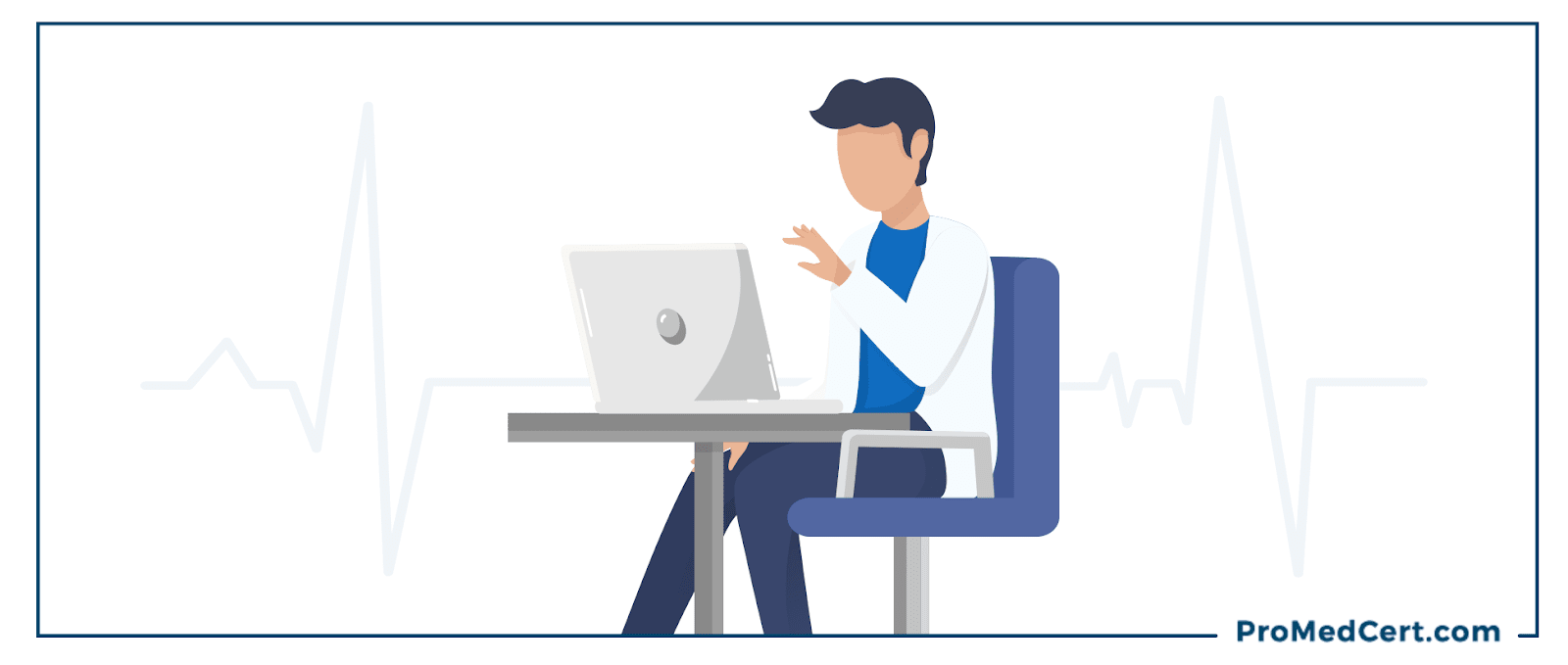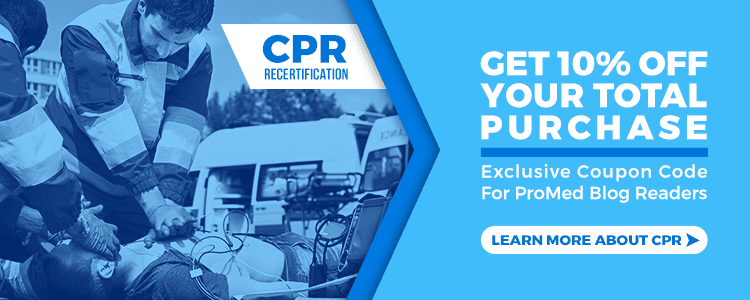What Many Professionals Get Wrong About Online Medical Certification

Medical certification is an essential part of the workload of any professional in the field, from a starter nurse to a seasoned doctor. Having a full understanding of the best practices for procedures like ALS, PALS, CPR, and others can make the difference between you providing the best care for your patients and potentially making dangerous mistakes. However, there are a lot of issues with the conventional classroom model, especially given current events. This makes online medical certification more of a useful practice than ever. However, with online medical certification becoming more popular, there’s also a greater likelihood that people will get confused about its true nature and benefits. We’ll dispel some of those myths today.
What The AHA Has To Do With Your Certification Course
The AHA (American Heart Association) is a critical organization in the medical world and has a lot to do with advancing research and awareness into health practices. Because of this, it’s only natural for someone to want an online medical certification course approved by the AHA. If a professional was to look around and not find one, they might automatically assume it’s because of the lack of quality online courses out there.
However, this is a fallacy. The reason why the AHA doesn’t approve any online courses formally is that they offer their own courses, so they’re naturally going to promote those above anything else. Comparing the two doesn’t really make much sense. Because of this, a better starting point is looking into online medical certification courses that are advertised as keeping to the current AHA guidelines. Providers understand the importance of this designation and will customize their curriculums to specifically keep to the current AHA guidance. However, if you are already a medical professional and work at, say, a hospital or practice, you may want to double-check with them before going to a provider. This way, if the business guidelines differ from AHA standards in any way, you’ll know ahead of time.
Your Employer Won’t Accept Your Course
One major concern that a lot of people have about their online medical certifications is the fact that their employers may not accept their online certification for BLC, ACLS, or what have you. The vast majority of the time, though, this isn’t an issue. In one survey, as many as 97.2% of healthcare organizations in the U.S. said that they accepted online medical certifications. The best way to make sure that your certification is accepted isn’t to choose online or in-person, but to make sure that you are getting quality coursework that keeps to employer standards. The best way to keep yourself safe is to make sure that any coursework that you do keeps with AHA/ILCOR guidelines and is created by medical professionals.
You Need An In-Person Skills Assessment
This is a case of something true that’s fallen out of style. Yes, there was a time where skills assessments were generally required in order to get any sort of medical certification approved. However, these days, this isn’t necessary. Online certification, when done by a proper provider, it has been proven to be a proper learning medium even if a hands-on assessment isn’t present.
Most of the time, as long as the courses are established by medical professionals, there shouldn’t be any issues passing the exam and applying the concepts in practice.
Online Courses Are Easier And Therefore Have Less Value
One common perception that’s held about online education, in general, is the fact that online courses are going to be easier to take. The fact is that any online certification course worth its salt is going to have the same level of coursework that you would have in a classroom. However, the main difference is going to be that you have more flexibility in how you work. For many, this makes things easier in practice because they can fit the coursework into their schedule, but the course materials aren’t any easier. In fact, some people may struggle more online with coursework if they have time management problems.
All online courses that keep to guidelines are going to have the same basic standards and concepts covered, so the perception of one being easier than the other is more about an individual’s learning style.
You Can’t Get Any Instructor Support
In some cases, students in a course may have added questions to their instructors. While it’s true that you may not have the direct in-person access you would get in a classroom, many online certification providers have methods in place to provide added support for students who want more clarification. With that said, the scope of those methods varies a lot from provider to provider. Make sure that you take the time to choose one that has the support that you need. For veteran professionals that simply need recertification for compliance, this may not be a priority.
As a close to this discussion, let’s talk about where a lot of these myths stem from. In many cases, it only takes a small bit of truth for a falsehood to spiral out of control. A lot of these myths come from the experiences of those who get online medical certification with a bad provider, resulting in a lot of the issues we see above. For example, if you work with a bad provider that gives you outdated information, your certification may not be accepted by a potential employer. These experiences may leave someone with a bad perception of online medical certification when that particular provider was the issue.
If you want to avoid that issue and see all the benefits of online medical certification on display, be sure to consider working with ProMed for their recertification. Our certification and recertification courses match AHA and ILCOR guidelines, some of the biggest factors when it comes to being accepted by your employers. In addition, if the worst happens and you’re not satisfied, we also offer a 100% money-back guarantee.

